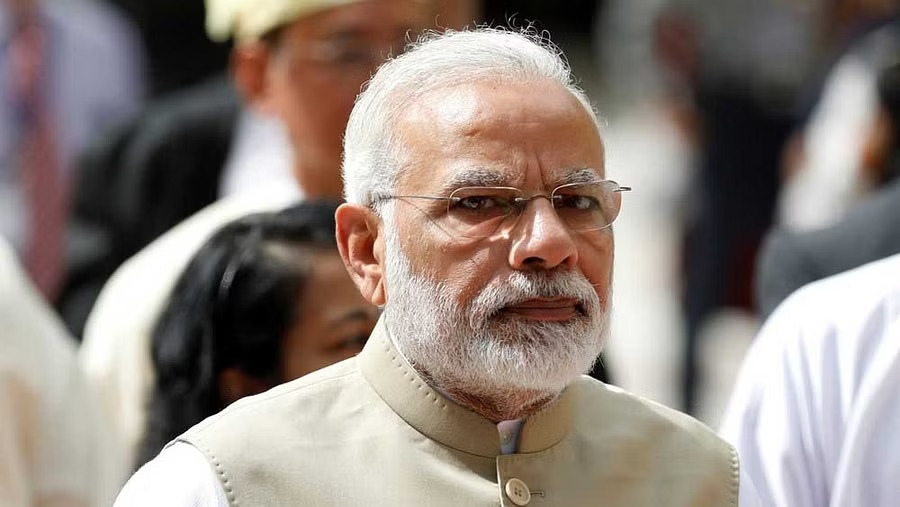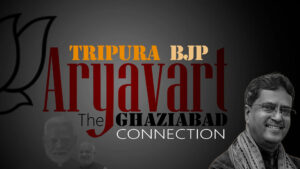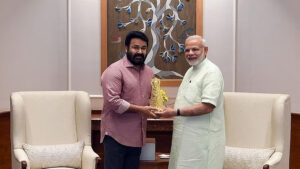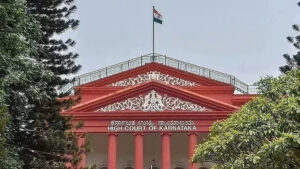The much-debated proposal of “One Nation, One Election” has taken center stage in the Indian Parliament, as Prime Minister Narendra Modi’s call for simultaneous national and state elections in 2024 draws mixed reactions from political parties, particularly the ruling Bharatiya Janata Party (BJP) and the opposition Congress party.
The concept of “One Nation, One Election” aims to synchronize elections at both the national and state levels, reducing the frequency of elections and streamlining the electoral process. Proponents argue that it would save time, resources, and reduce the administrative burden on the Election Commission. Prime Minister Modi has expressed his desire to hold a joint election for Lok Sabha (the lower house of Parliament) and state assemblies in 2024.
However, the proposal has sparked a lively debate in the Parliament, with opposition parties, particularly the Congress, expressing reservations and demanding more extensive consultations on this significant constitutional change.
The Congress party’s stance is that “One Nation, One Election” could undermine the principles of federalism and dilute regional voices. They argue that frequent state elections are essential for ensuring accountability and representation at the state level. They have called for a comprehensive dialogue involving all political parties to arrive at a consensus on the matter.
In contrast, BJP leaders have defended the proposal, asserting that it would enhance governance efficiency and reduce political disruptions caused by frequent elections. They have argued that holding simultaneous elections would promote a more unified and synchronized approach to policymaking.
As the debate unfolds in Parliament, the country’s political landscape remains divided on the issue. The proposed constitutional change would require a significant consensus among political parties, and a thorough examination of the potential impact on the federal structure of India.
The discussions on “One Nation, One Election” are expected to continue in the coming weeks, with both the government and opposition gearing up to present their arguments. The outcome of these debates could have far-reaching implications for India’s electoral system and the balance between national and state-level representation.
The nation will be closely following these developments as the debate over the “One Nation, One Election” proposal evolves and as political parties seek common ground on this crucial issue.









